How to select a charger for a battery?
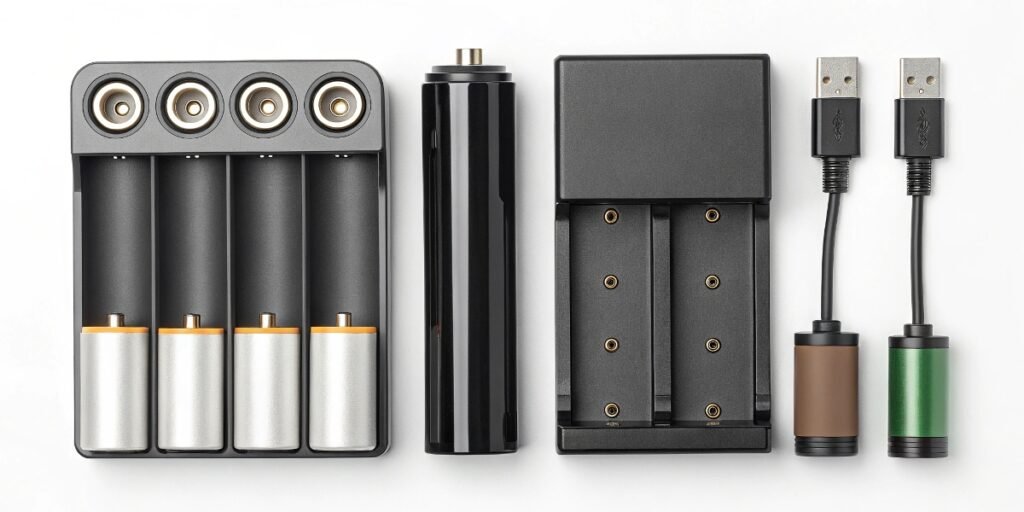
You’ve got a great battery, but the wrong charger can ruin it. A bad choice leads to poor performance, a shorter lifespan, or even a dangerous failure. To select a charger, you must match it to the battery’s voltage (V) and chemistry (e.g., Li-ion, LiFePO₄), and ensure it has the right connector. For maximum safety […]
How long does it take to charge a Canon camera’s battery?
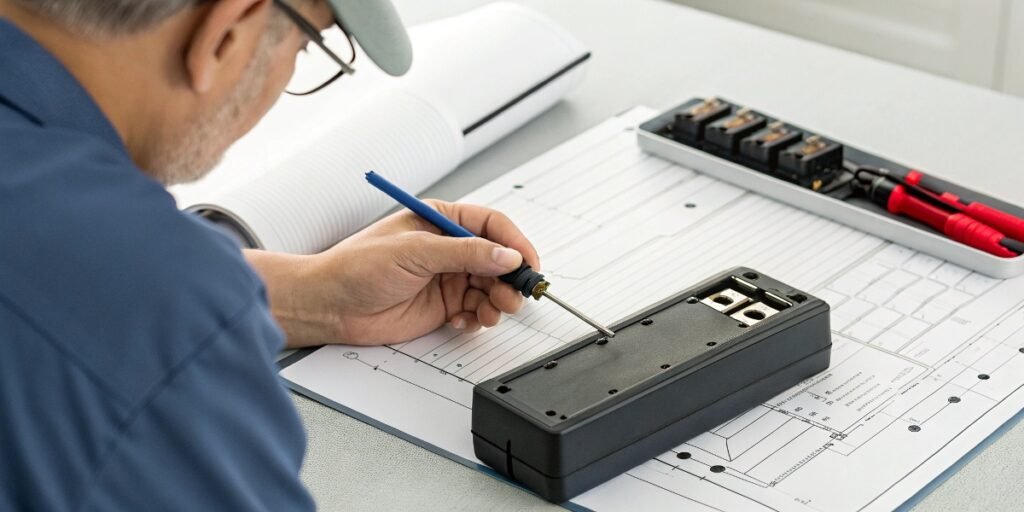
You’re prepping for a big shoot tomorrow, but your camera battery is dead. You plug it in, but have no idea if it will be ready in an hour or overnight. A typical Canon camera battery, like the LP-E6NH, takes about 2 to 3 hours to fully charge with its standard charger. However, this time […]
Do you charge your smartwatches overnight?

You plug your smartwatch in every night for a full charge. But this simple habit might be shortening its battery life and robbing you of valuable health data. While convenient, charging your smartwatch overnight is not ideal. Keeping the small lithium-polymer battery1 at 100% for hours, especially if it gets warm, degrades its long-term health. […]
Do batteries emit radiation?
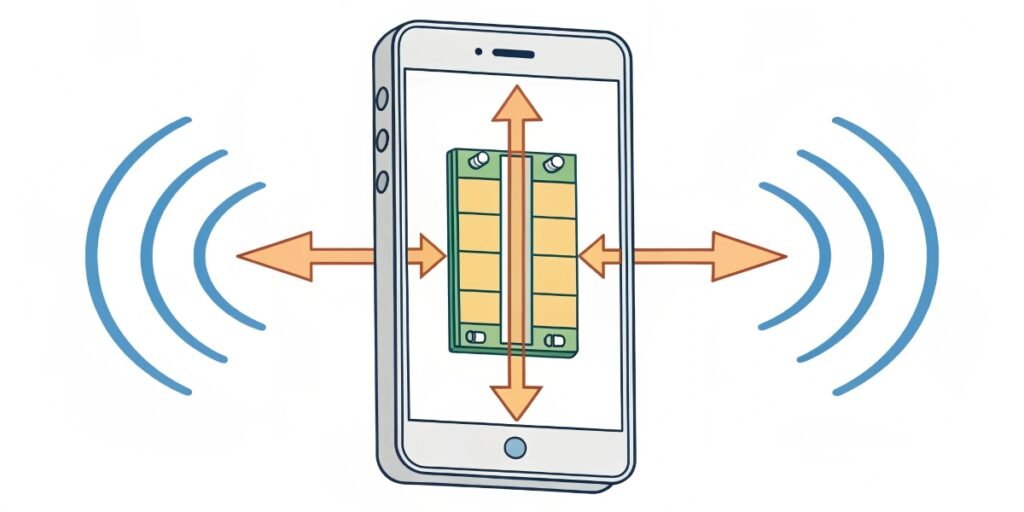
Your customers are getting nervous about "radiation" from electronics. This fear, even if unfounded, could hurt your product’s reputation and lead to difficult questions you need to answer clearly and confidently. No, batteries do not emit harmful ionizing radiation. They generate a very weak, non-ionizing electromagnetic field (EMF)1 during use, the same safe type of […]
How often should you charge lithium ion batteries?
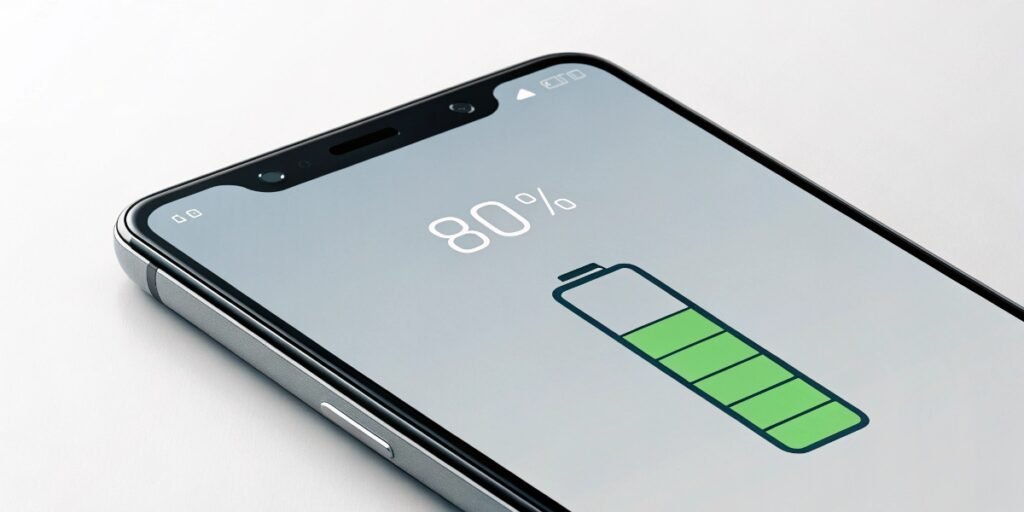
Your product’s battery life disappoints users. Complaints about capacity fading too quickly are hurting your brand. You need a charging strategy that preserves battery health for the long term. The best practice is to perform frequent, partial charges. Avoid letting the battery completely drain. Start charging when it drops to around 20-30% and stop before […]
What are the Differences Between Li-ion and Li-Po Batteries?
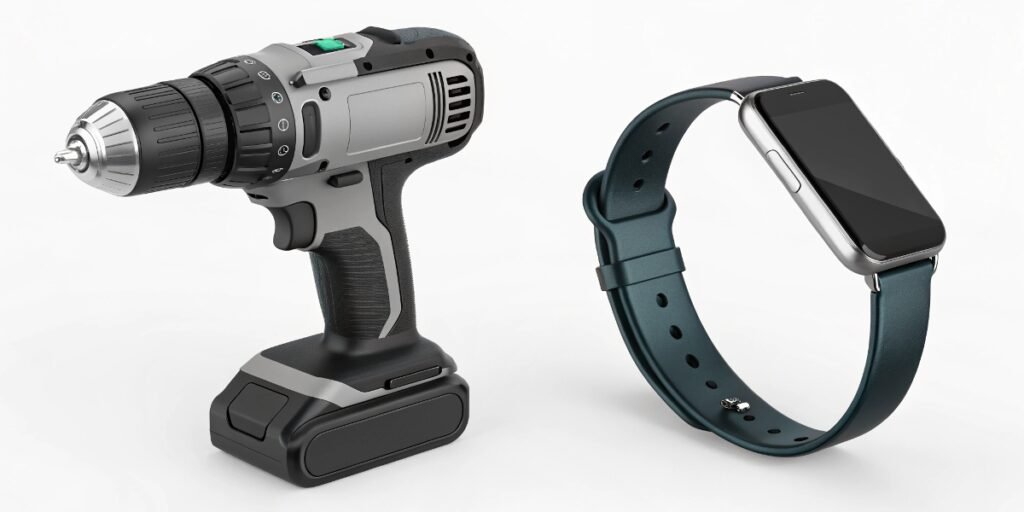
Choosing the right battery for your product feels complicated. You hear "Li-ion" and "Li-Po" used often, but the real difference is unclear. Picking the wrong one can compromise your design, performance, and budget, putting your project at risk. The main difference is in their construction. Lithium-ion (Li-ion) batteries use a liquid electrolyte in a rigid […]
Are lithium polymer batteries safe?
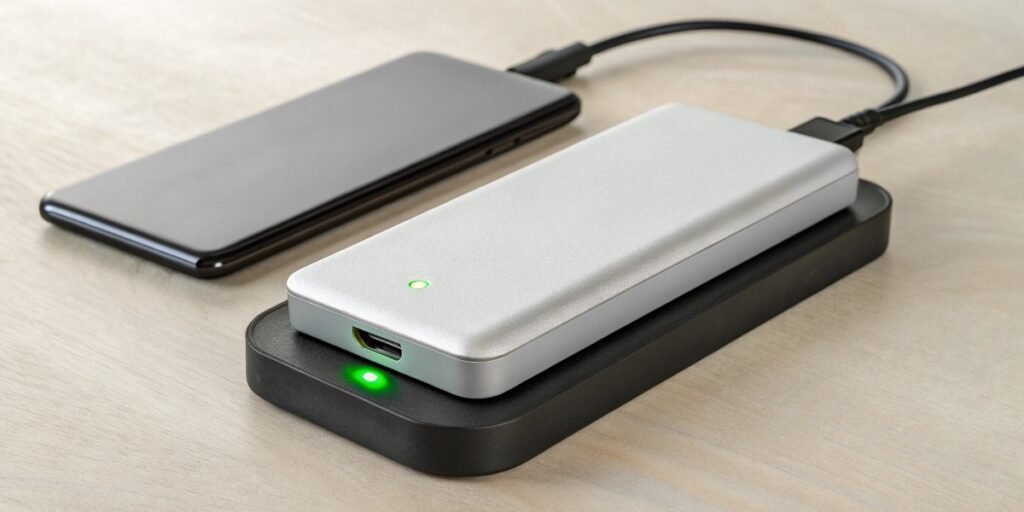
You hear stories about lithium batteries, and safety is your top concern. A single failure could destroy your product’s reputation and harm a user. This fear can stop innovation in its tracks. Yes, lithium polymer (LiPo) batteries1 are safe when designed, manufactured, and used correctly. Their safety depends entirely on a high-quality cell paired with […]
Why don’t standard batteries meet wearable medical needs?

Your medical wearable is a breakthrough. But the wrong battery makes it bulky, unreliable, or even unsafe. This can destroy patient trust and the success of your product. Standard batteries fail to meet the needs of wearable medical devices because they lack the required custom shape, high reliability, and stringent safety protocols. They aren’t designed […]
🔋 Powering the Future:Where 18650 Batteries Excel
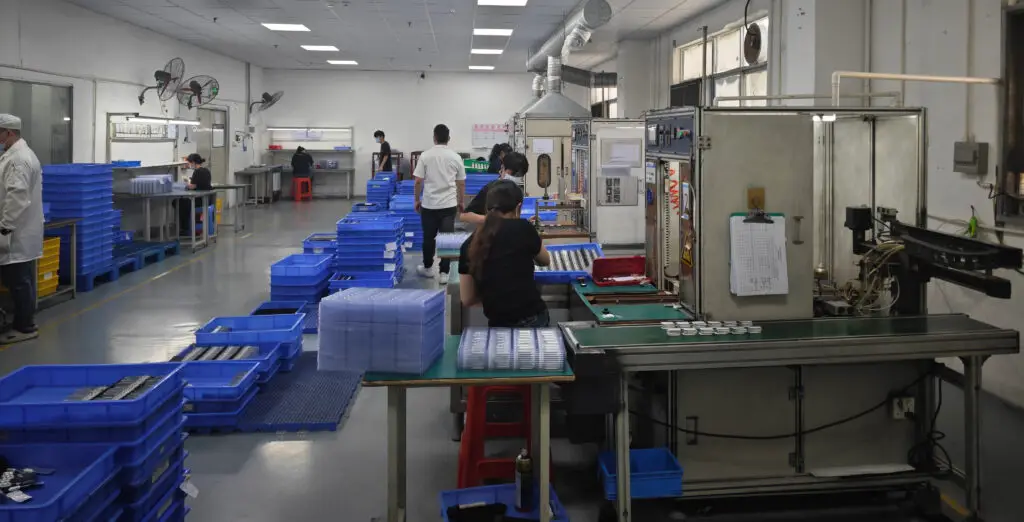
The 18650 lithium-ion battery is a global energy workhorse. With its compact size, high energy density, and long cycle life, this cylindrical cell has become essential in countless modern applications — from everyday electronics to high-performance industrial tools. But not all scenarios are created equal. In this article, we explore where 18650 batteries are best […]
How to Detect Lithium Polymer Battery Health: What You Need to Know
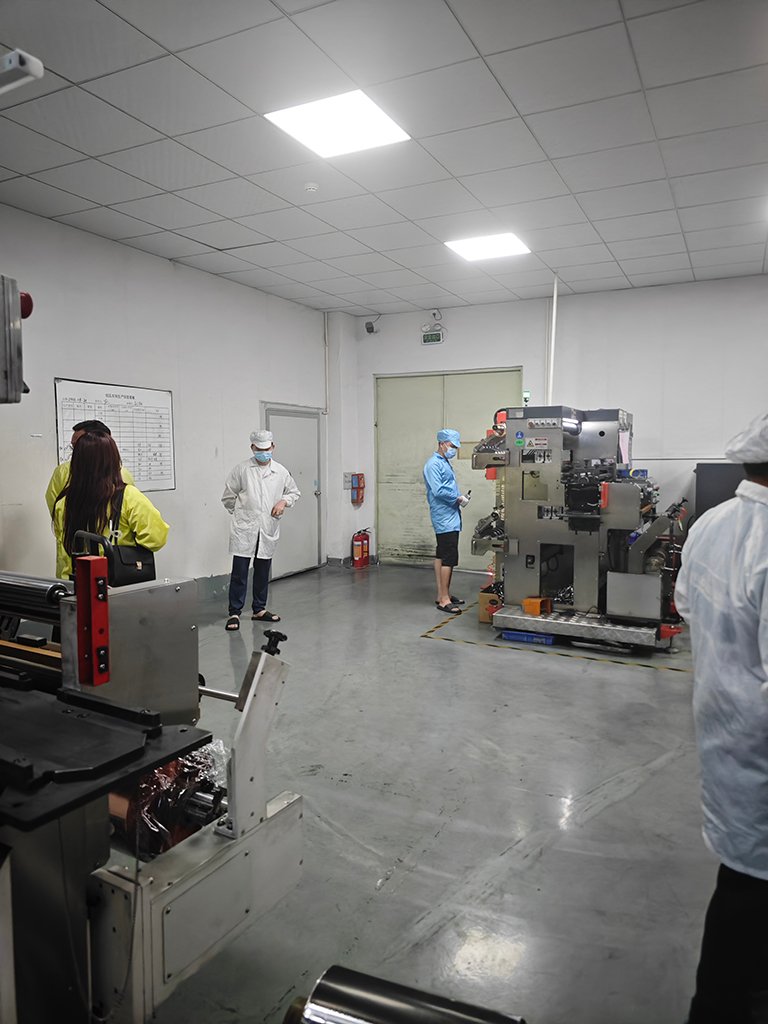
In today’s mobile-first world, Lithium Polymer (LiPo) batteries power everything from smartphones and drones to medical devices and IoT solutions. But like all battery types, LiPo cells degrade over time. Ensuring battery health is crucial—not just for performance, but also for safety and reliability. So how do you accurately detect the health of a LiPo […]
Proper Storage, Longer Life: Lithium Battery Storage Precautions

Lithium Polymer (LiPo) batteries are widely used for their lightweight, high-capacity, and flexible form factors. However, improper storage can significantly reduce their lifespan, safety, and performance. At LithoTop, we prioritize battery quality and battery care. Whether you’re an end user, distributor, or OEM partner, here are essential storage precautions to keep your LiPo batteries in […]
Charger Selection Criteria for Lithium Polymer Batteries
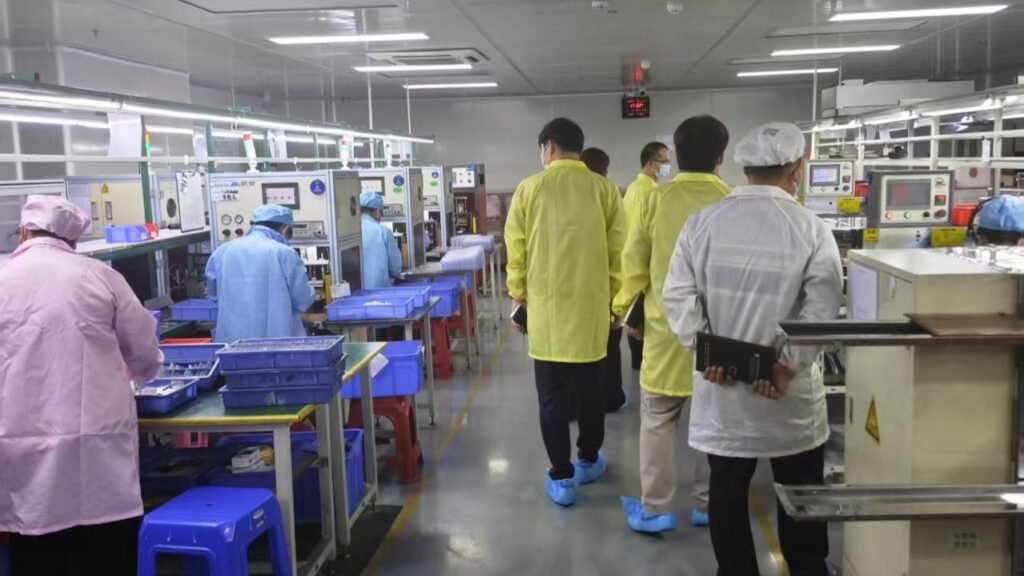
In today’s rapidly evolving tech landscape, lithium polymer (LiPo) batteries have become the preferred power source for countless portable electronics, drones, RC devices, and IoT applications. While choosing the right battery is critical, selecting the right charger is equally essential for safety, performance, and longevity. Here are the key criteria to consider when selecting a […]
Factors Affecting the Service Life of Lithium Polymer Batteries
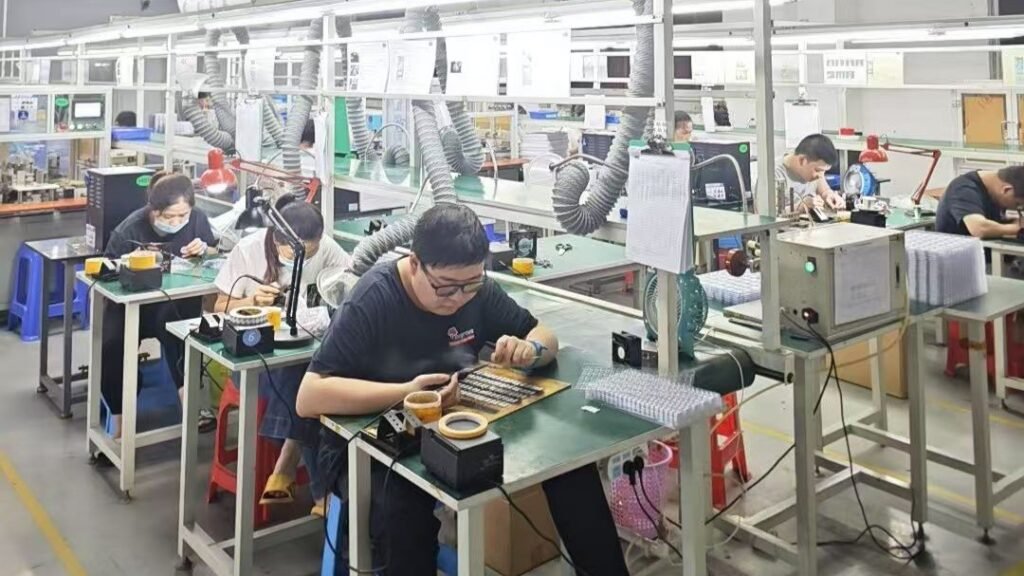
Lithium Polymer (LiPo) batteries are widely known for their lightweight design, high energy density, and versatility, making them a top choice in a range of applications — from consumer electronics to electric vehicles and drones. However, like all batteries, the service life of LiPo batteries is influenced by various factors. Understanding these factors can help […]

